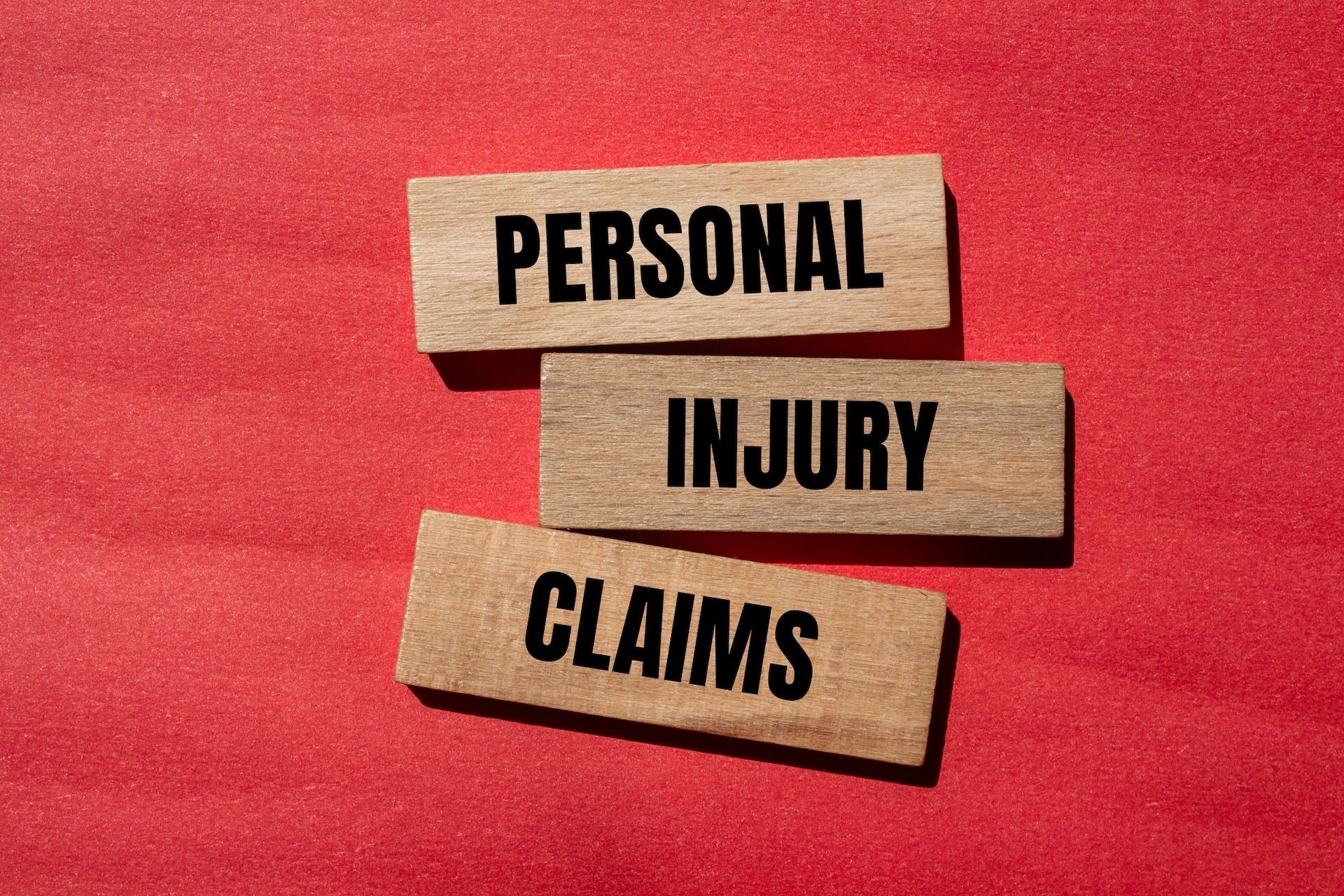Social Security Disability Federal Court Appeal

The Social Security Disability benefits process can take its toll on even the toughest individuals. If you have a legitimate disability, going through Social Security Disability assessment seems redundant, and all the different steps will make you lose hope - especially if your initial application was denied.
Furthermore, if your reconsideration request and hearing in front of a vocational expert social security disability and the administrative law judge didn’t go as planned, and neither did the appearance at the Appeals Council, you might be inclined to give up.
As one of the biggest
vocational assessment firms in the US, we strongly encourage you to keep on. The majority of applicants are denied by the Appeals Council but still many go on to file appeals with the Federal District Court and end up getting their benefits.
Here’s what the Social Security Disability assessment process looks like and how you can come out on top.
Social Security Disability Assestment Process
Naturally, the first step is filing the initial benefits application. Numerous disabled individuals get surprised when their application is denied, but this is very common. In fact, Social Security rarely accepts initial applications unless the disabling condition is readily apparent (paralysis, traumatic brain injuries, and so on - you get the picture).
After the initial application is denied, the Social Security Disability assessment process will then enter into a reconsideration phase, followed by a hearing in which a judge will listen to testimony from a vocational expert Social Security Disability and decide whether you’ll be awarded benefits.
If the administrative law judge determines you’re not sufficiently disabled to receive benefits (i.e. vocational expert Social Security Disability testifies there are jobs available to you in the national economy), you’ll have to go through the Appeals Council - the last step in the Social Security Disability assessment process.
This is not the end, as there is still hope that you’ll receive your benefits at the Federal courthouse.
What Happens During The Social Security Disability Federal Court Appeal?
Because the Social Disability assessment process is confusing and overwhelming, many applicants end up not pursuing this stage of the appeals process. However, knowing how this appeal will transpire will help alleviate some of the anxiety.
For starters, you’ll need to pay a small filing fee in order to file the appeal with the federal court within 60 days of receiving a denial from the Appeals Council. Missing this deadline will have consequences - you’ll have to reapply for the benefits all over again and repeat the entire Social Security Disability assessment stage, which may take over a year.
The Federal District Court hearing can be very confusing from a legal standpoint, which is why you shouldn’t go through it without an attorney present. After all, you’ll be required to write the opening and reply briefs, including an oral argument, which is not something you should attempt doing on your own (more so since your financial situation is in jeopardy).
After the oral argument has been presented and the attorney files a brief, the judge will have enough to reach a decision. They can uphold the decision by the Appeals Council, decide to grant you benefits, or remand your case for further review by the administration.
Keep in mind that the judge rarely decides to grant an applicant benefits outright. Most likely, they will request to send your files for further review, after which you'll receive benefits.
How Long Does It Take To Receive The Court’s Decision?
Generally speaking, Federal District Court judges have to deal with heavy workloads and because of this, it may take over a year to receive their decision.
Fortunately, even if your claim is rejected by the District Court, you have the option of appealing to the Federal Circuit Court. Keep in mind that the filing fee for the Circuit Court will be very high, and you should do everything in your power to improve the success of your appeal - including hiring an attorney if you haven’t by now.
Should You File For Compassionate Allowance?
As a matter of fact, the majority of attorneys will most likely suggest doing so, particularly if you’re dealing with a serious medical condition. Your application will be approved if you’re eligible for a compassionate allowance.
Social Security guidelines include some of the following conditions:
- Leukemia
- Early-onset Alzheimer’s
- ALS
- Some forms of cancer
- Catastrophic brain injuries
This isn’t a comprehensive list of conditions eligible for compassionate allowance. Furthermore, if your ailment isn’t on the list, you are allowed to submit your own diagnosis into consideration. The process of doing so will also have plenty of reviews and hearings, and you should have an attorney on board to collect the necessary medical evidence and serve as your legal counsel on hearings.
Documents You’ll Need For Your Federal Court Appeal
While the initial application itself requires a ton of paperwork, it’s nothing compared to the appeal. Along with any new evidence that proves you’re eligible for disability benefits, you should also include the following documentation:
- Previous claim letter denials
- Copy of your initial application
- Any new medical evidence and financial information
- Evidence about the progression of your disability
- Evidence your disability has become permanent
Is Filing An Appeal Worth It?
Absolutely! In fact, most applications are rejected for reasons other than the nature or validity of the disability claim. For instance, many applicants face rejection because they failed to submit the correct paperwork or don’t have enough supporting documentation. Filing an appeal is a chance you should take.
We must stress this again: the only way to increase your chances of obtaining benefits is to involve an attorney in the early stages of
Social Security Disability assessment.
An attorney can analyze the claim and advise you on how you can strengthen it. They can also attend your hearing in front of the administrative law judge and question the vocational security benefits
Social Security Disability. If needed, your attorney can even hire a vocational expert to challenge the testimony of the one hired by the Social Security Disability Administration.
All of this can help you win your benefits earlier, and you may not even need to file for an appeal at a Federal level - who knows?
Do you need to talk to a
vocational expert? Feel free to contact
OAS, Inc. by calling
1-800-292-1919. Let us know how we can help you.
Note:
The information in this blog post is for reference only and not legal advice. As such, you should not make legal decisions based on the information in this blog post. Moreover, there is no lawyer-client relationship resulting from this blog post, nor should any such relationship be implied. If you need legal counsel, please consult a lawyer licensed to practice in your jurisdiction.
Disclaimer: The information on this website and blog is for general informational purposes only and is not professional advice. We make no guarantees of accuracy or completeness. We disclaim all liability for errors, omissions, or reliance on this content. Always consult a qualified professional for specific guidance.








